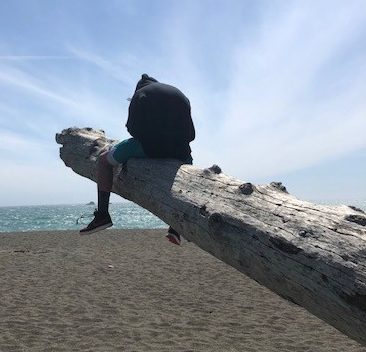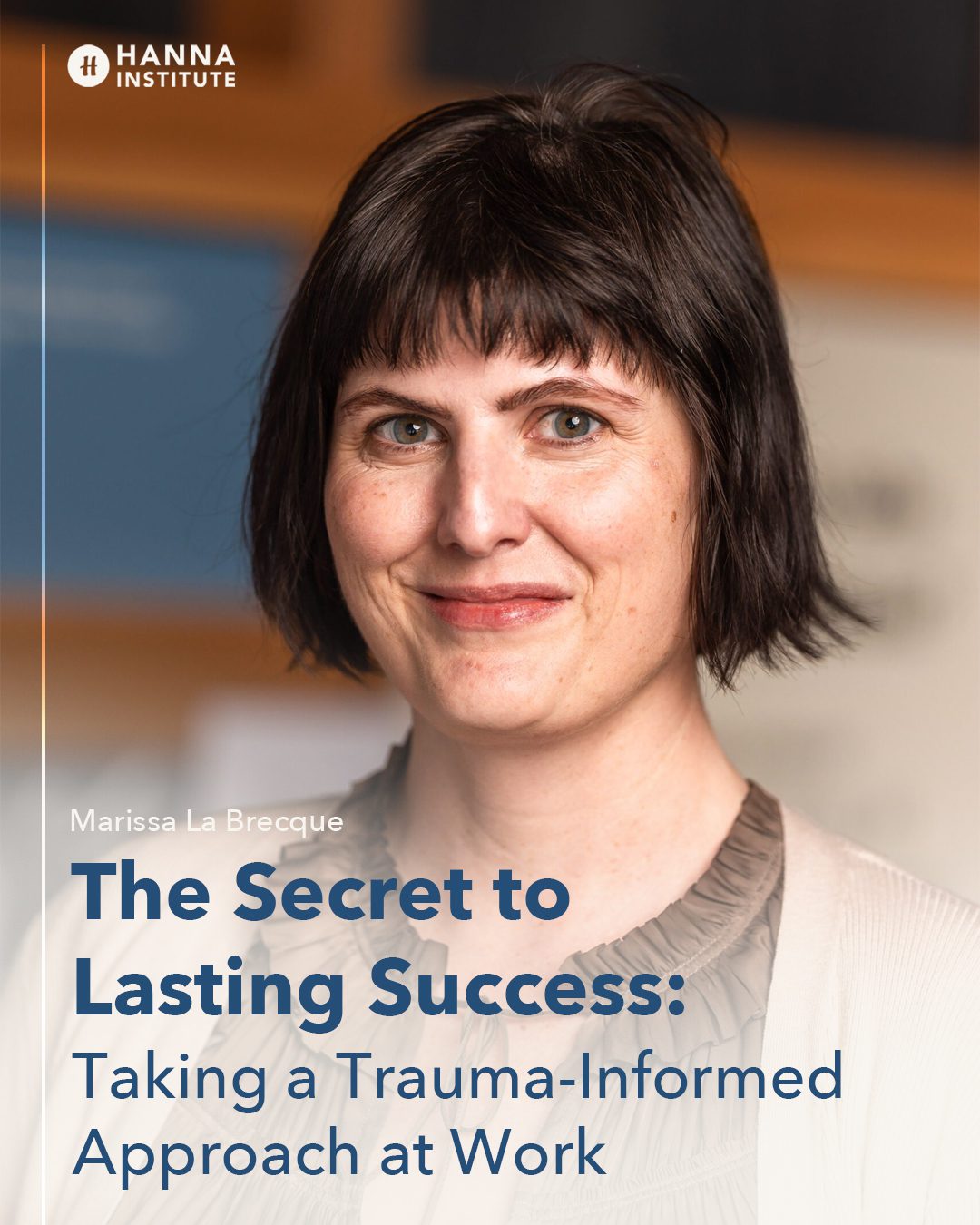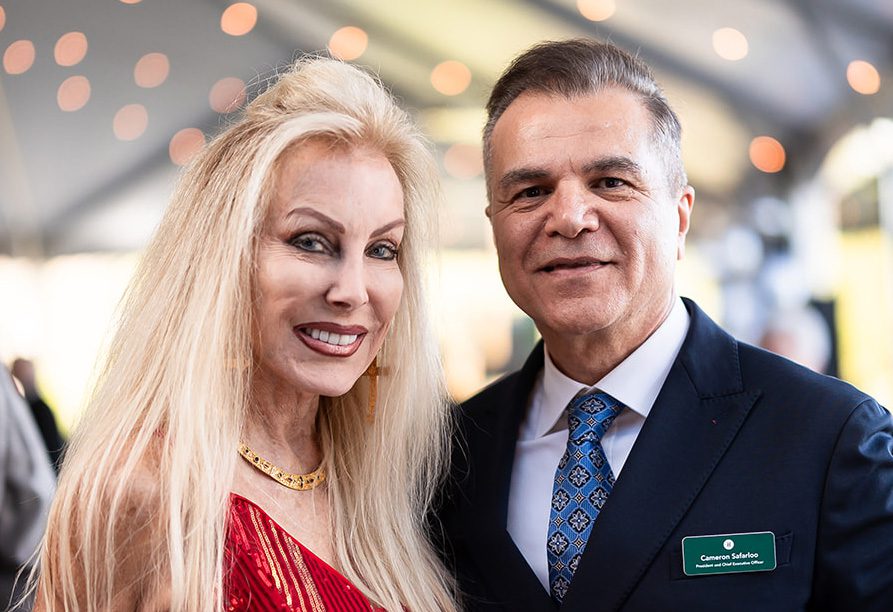Mental health treatment is a place where we can learn about ourselves via the power of human relationships and emotional understanding. To help navigate these challenges, teens must be invited to safe places where they can be heard, validated, and guided through this confusing time in their lives. In the past few decades, we have become increasingly aware of how crucial human connection can be to the solace of teenage insecurity. Following many tragedies that involve teenagers, we often ask ourselves, “How did we not see this coming?” or “Didn’t anyone notice the pain that child was in?” The support that teens need is vast, and the fixes for the complexity of their lives are not simple. But there are places where they can learn to find a voice. A voice which the poet Mary Oliver called the “voice which you slowly recognized as your own.”
Finding help is the biggest, most important step. The Community Mental Health Hub at Hanna provides a range of services to help individuals and families address and recover from trauma. For more information, please call 707-933 4HUB or email [email protected].



